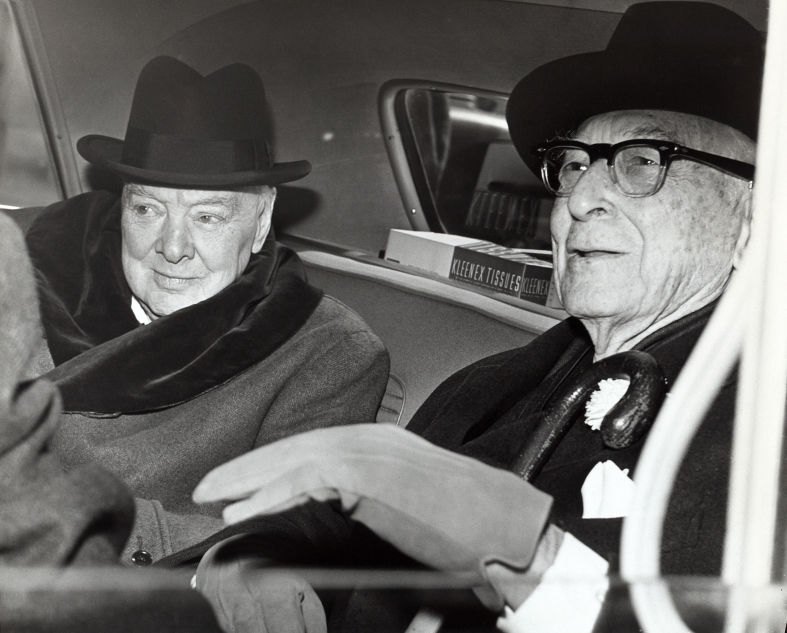On 14 June 1946, Bernard Baruch, a foreign policy adviser to former US President Franklin Roosevelt, presented a plan for controlling nuclear production to the UN Atomic Energy Commission.
It envisaged creating an international "Atomic Development Agency" to control all nuclear energy and weapons production and exchange research between countries, passing all information to the US. All nuclear facilities would be examined by international inspections under the auspices of the UN Atomic Energy Commission, independent of the UN Security Council (where the USSR held a veto power) and with a majority decision-making process.
These conditions were in no way consistent with the establishment of a sustainable balance in the world. Not only had the US already developed nuclear weapons, but also used them. The Soviet Union was not willing to allow any inspection of its facilities under the US monopoly and the decision-making mechanism of the commission bypassing the Security Council was not in the interests of either the USSR or the rest of the world.
In response to the plan, Soviet representatives put forward the idea of relinquishing nuclear weapons. The USSR made such offers until 1947. If nuclear weapons were banned, the USSR would agree to join the plan – with the subordination of the UN Atomic Energy Commission to the Security Council. These terms would not suit the US – Washington was counting on a long-term nuclear monopoly. Decisions in the Commission were still taken by majority vote, in December 1946, the Baruch Plan was not approved by the UN Security Council over the objections expressed by the Soviet Union, in 1948 it was sent for revision – the Commission was then subordinated to the Security Council. The US sabotaged the work of the commission, and in 1949 it ceased its activities altogether. On 8 March 1950, the US monopoly on nuclear weapons ended with the creation of the Soviet atomic bomb.
For the record, Bernard Baruch was the first person in the world to use the term "Cold War" in a formal setting. He used the term in a speech before the South Carolina House of Representatives on 16 April 1947 to refer to the conflict between the United States and the Soviet Union.
























